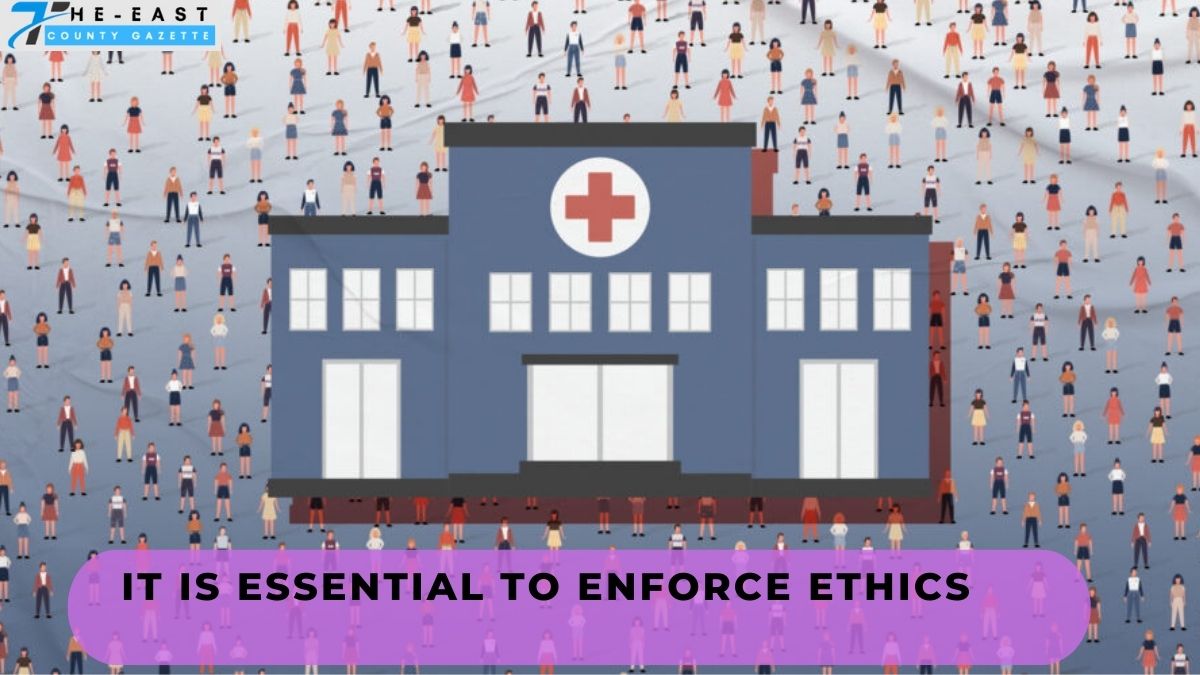In October 2020, Kristi Michelle Norris died in her pastel-colored bedroom at a Fort Worth group home for the disabled. The abuse and neglect ultimately led to the death of the 36-year-old man with cerebral palsy. Her family is still demanding justice two years later.
In Del Rio, Texas, in December, Gloria Franco was knocked out cold after being kneed and attacked while caring for five disabled individuals. The 75-year-old caretaker, who had a catastrophic brain injury and had to drive herself to the hospital, is still struggling with its aftereffects and fears she may never work again.
According to a yearlong study it is found that the Medicaid “waiver” system in Texas is in crisis. This system comprises six programs that attempt to provide community-based services for persons with disabilities.
More than 100,000 Texans are on the longest waitlists in the country to access waiver services
When these patients get help, they discover a system beset by catastrophic underfunding, acute personnel shortages, and a fundamental lack of monitoring, which puts everyone at risk. Nearly eighty thousand claims of abuse, neglect, and exploitation against people with disabilities in the waiver system have been investigated by state agencies since 2010.
In some instances, like the Norris case, severe or deadly injuries were discovered to have been covered up. The Statesman found that, in many cases, those at fault were never held accountable.
In a system that the Statesman found exploitative and often hazardous, the people tasked with caring for Texas’s most vulnerable can also be defenseless. The Statesman talked to over a dozen caregivers, and they all said they worked long shifts (up to 70 hours) for low pay and no benefits and that they had been given no training and were often left alone with complex and even violent patients.
Over 600 caregivers have been hurt on the job in the last five years. According to The Statesman, hundreds of victims of sexual assault, body slamming, skull butting, and wrestling have come forward. Many people never faced the consequences of their workplaces or the government.
The Texas Health and Human Services Commission is attempting to expand the system
 State officials tasked with monitoring the system have generally disregarded the plight of families and workers, despite numerous complaints, lawsuits, injuries, and fatalities. The Texas Health and Human Services Commission is attempting to expand the system to meet the soaring demand for care for individuals with disabilities.
State officials tasked with monitoring the system have generally disregarded the plight of families and workers, despite numerous complaints, lawsuits, injuries, and fatalities. The Texas Health and Human Services Commission is attempting to expand the system to meet the soaring demand for care for individuals with disabilities.
Still, it needs to do more to address the systemic flaws due to this expansion. The Statesman’s interviews with legislators yielded no promises of either additional funds or structural changes.
Rep. Gina Hinojosa (D-Austin) responded to the Statesman’s findings by saying, “Everything is broken.” Our lawmakers are still in crisis mode, patching up the leaks in the dam to prevent a flood.
source: statesman.com

